Sree Narayana Gurudev was a visionary who dreamed of a world where all human beings are equal and free from the shackles of caste, religion, and ignorance. He was a master of philosophy, spirituality, and science, who taught the principles of universal brotherhood, rational thinking, and social justice. He was a reformer who challenged the orthodox traditions and practices that oppressed the masses and created divisions among them. He was a builder who established many temples and institutions that served as centers of learning, worship, and social service. He was a poet who composed beautiful verses that expressed his profound insights and sublime emotions. He was a saint who lived a simple and humble life, dedicated to the welfare of humanity.
This book is an attempt to explore and appreciate the multifaceted personality and contributions of Sree Narayana Guru, who is widely regarded as one of the greatest thinkers and leaders of modern India. The book is divided into two parts, each containing four chapters.
The first part deals with the framework and culture of the one world government envisaged by Sree Narayana Guru, his vision of religion and humanism, his incarnation and its charm and novelty, and his views on scientific innovations and discoveries. The book narrates how Nataraja Guru, a pioneer of the one world government movement, collaborated with Garry Davis, a former US bomber pilot and wrote the original manifesto for the World Government of World Citizens in 1956. Sree Narayana Gurudev was inspired by Vasudhaiva Kudumbakam, an ancient Indian principle expressing universal brotherhood and cosmopolitanism wrote Darsana Mala. Darsana mala suggests that everything in this world is manifestation of the Absolute Being (Brahma), who is transcendent and real. Darsana Mala and Vasudhaiva Kudumbakam are philosophical theories also emphasize the role of knowledge in attaining liberation from ignorance and illusion, and the need for spiritual enlightenment to realize one’s true nature. Garry Davis was influenced by Mahatma Gandhi’s teachings and the concept of a federation of friendly nations. He founded the World Citizen Government, which issues world passports, identity cards, and birth certificates to world citizens. The concept of peace and harmony is relevant to Eastern and Hindu philosophy, as well as other philosophical and religious traditions. It is supported by scientific arguments and respect for individual dignity and rights.
The second part focuses on the eternal relevance and significance of Sree Narayana Gurudev, his teachings on the unity of caste, religion and God in daily life, his role as the universal illumination for all seekers of truth, and his connection with the God particle or the Higgs boson.
The book is intended for the general readers who are interested in knowing more about Sree Narayana Gurudev and his philosophy. It is also meant for the scholars and students who want to study and research on the various aspects of his life and work. The book is based on the primary sources, such as the writings and speeches of Sree Narayana Gurudev, as well as the secondary sources, such as the biographies and commentaries of his disciples and admirers. The book also draws from the contemporary and historical contexts, the intellectual and cultural influences, and the scientific and spiritual developments that shaped and enriched the thought and action of Sree Narayana Guruev.
The book is a humble tribute to the great Guru, who inspired and transformed millions of people across the world with his message of love, peace, and harmony. It is hoped that the book will serve as a source of inspiration and guidance for the readers who aspire to follow the footsteps of Sree Narayana Gurudev and realize his vision of a one world government.

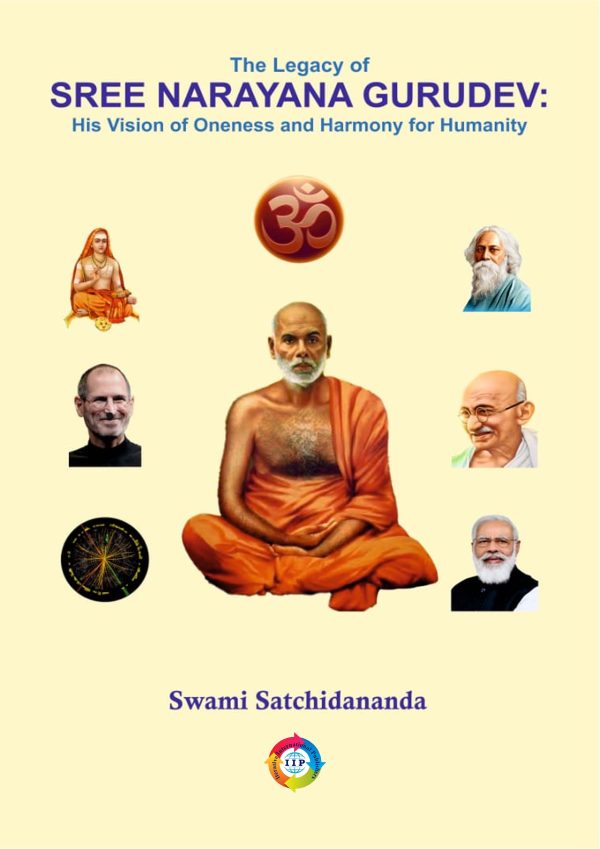
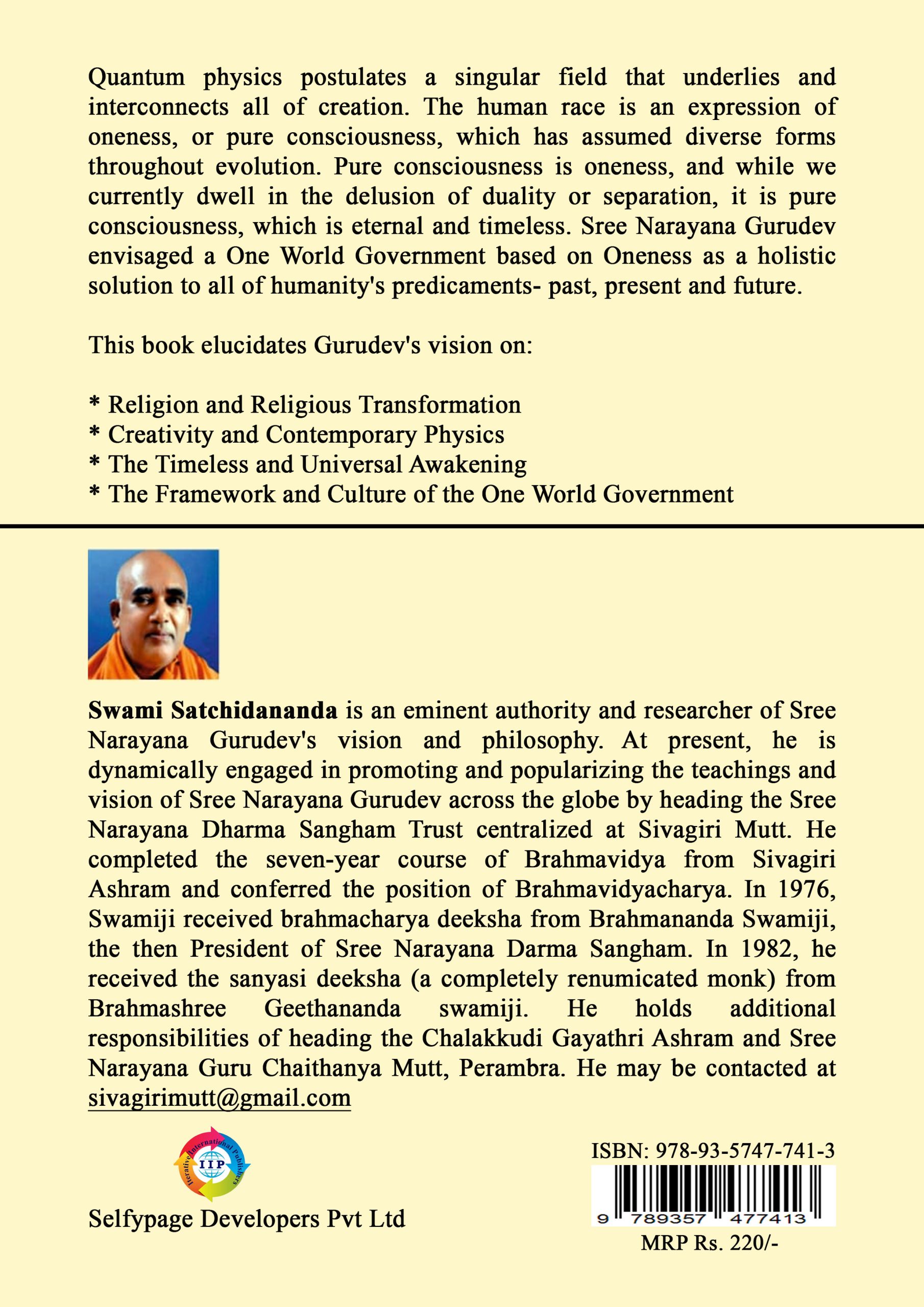
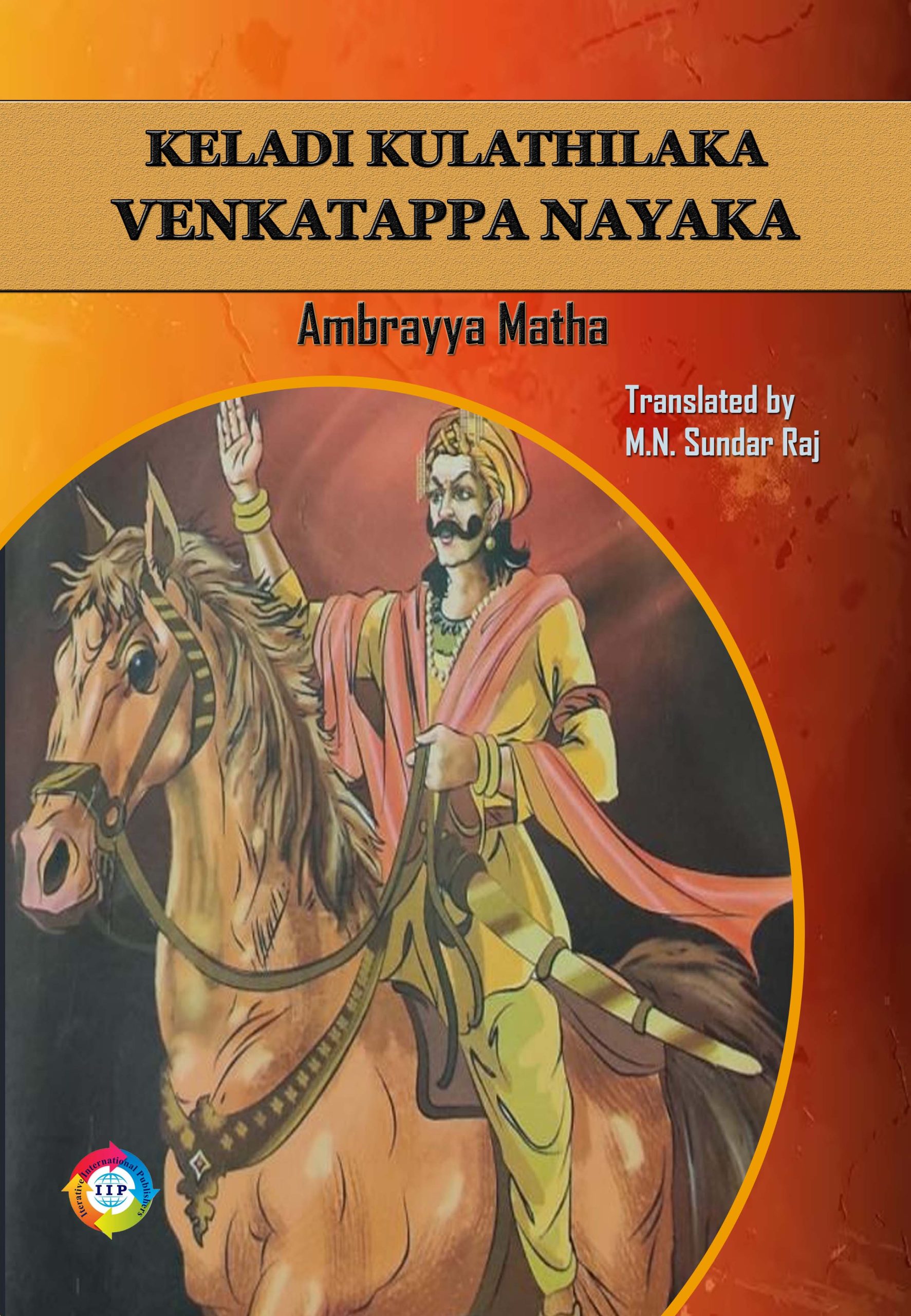
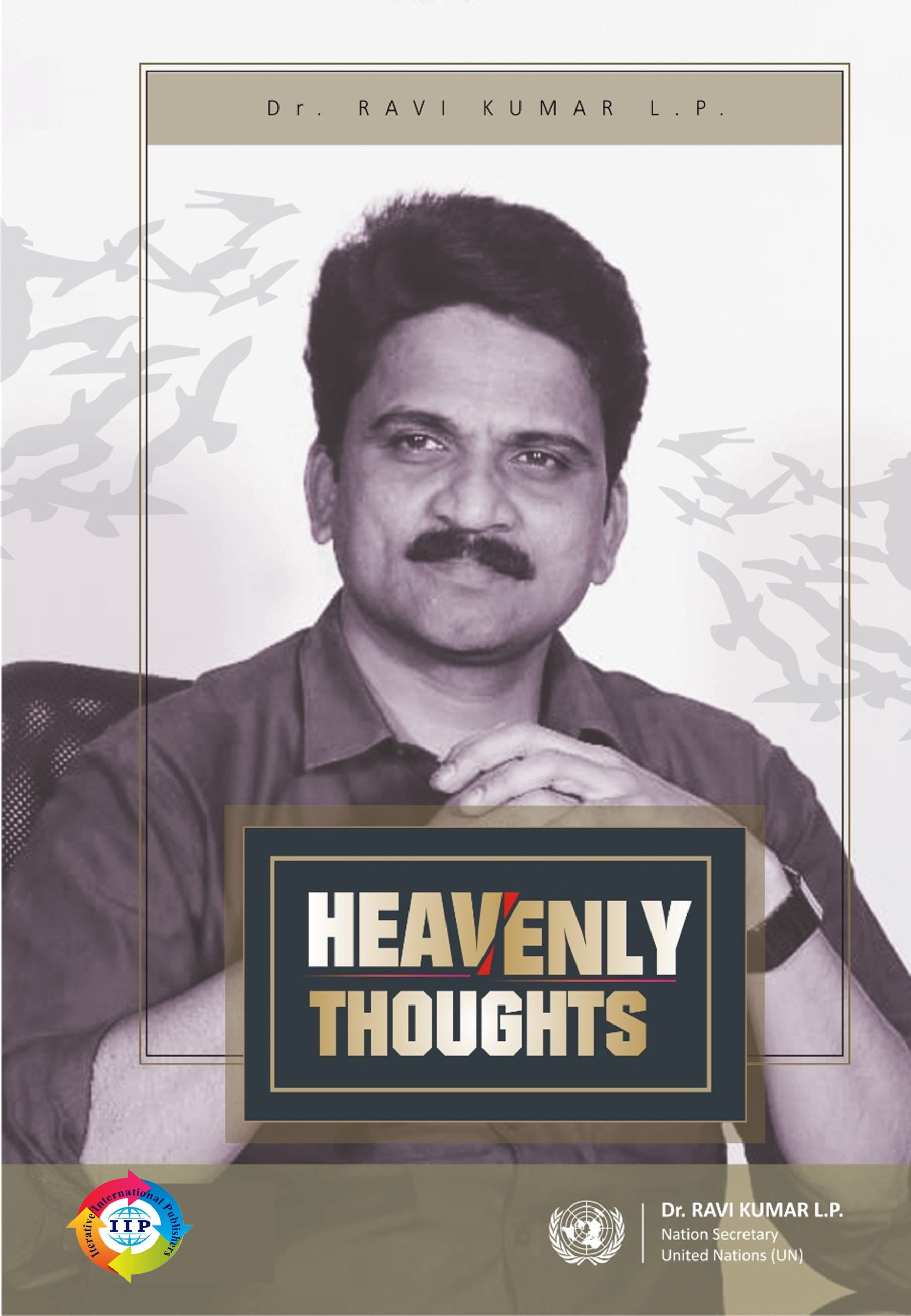
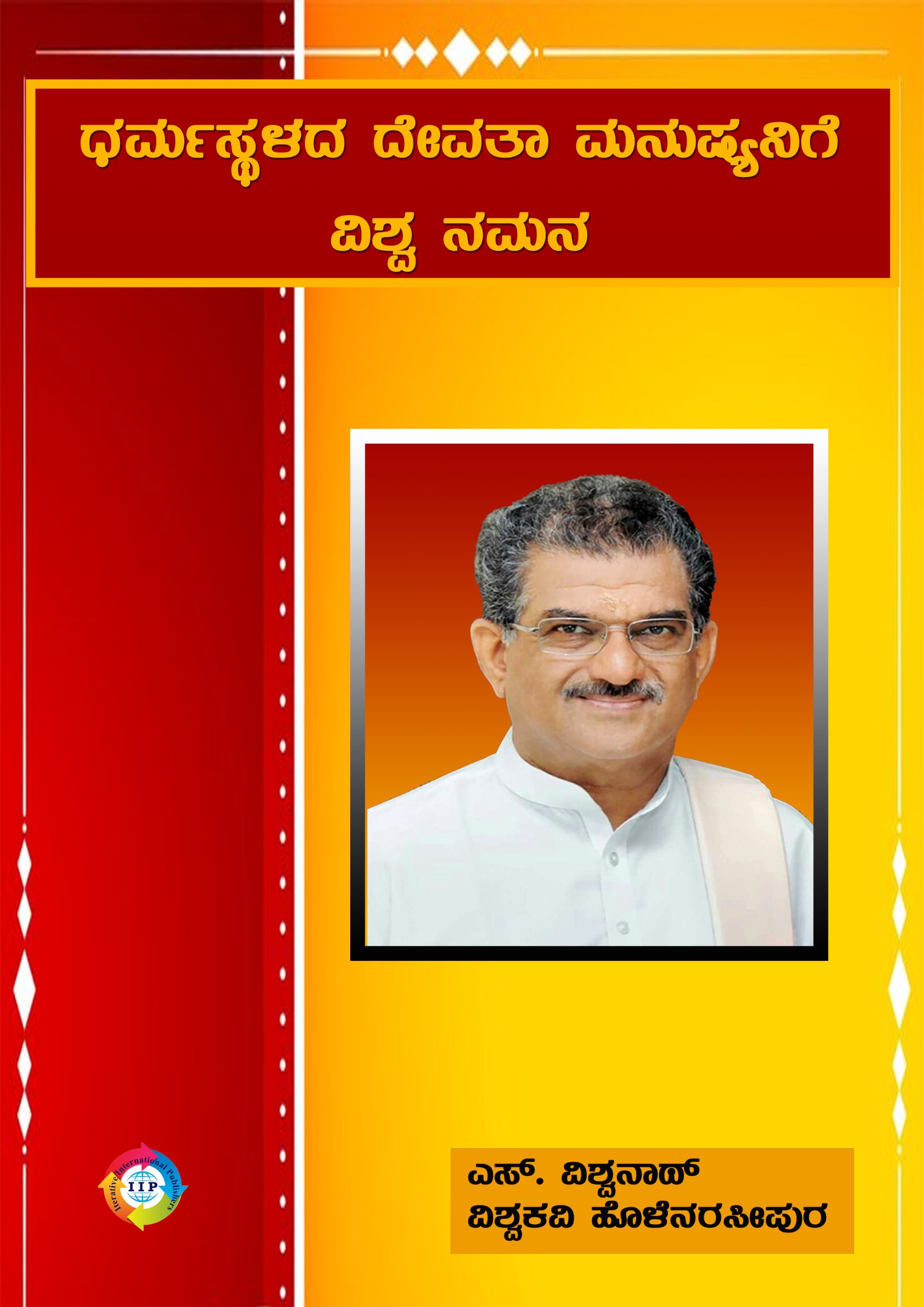



Reviews
There are no reviews yet.